New Scientist covers the latest developments in science and technology that will impact your world. New Scientist employs and commissions the best writers in their fields from all over the world. Our editorial team provide cutting-edge news, award-winning features and reports, written in concise and clear language that puts discoveries and advances in the context of everyday life today and in the future.
Elsewhere on New Scientist
A note from the editor
Safe space? • Current international law isn’t fit for today’s space industry
New Scientist International Edition
The pharmabot will see you now
Stormy with a dash of climate change • Thanks to advances in weather simulation, forecasts of extreme events could soon come with information about how much they were fuelled by growing emissions, finds Madeleine Cuff
Polaris Dawn mission is one giant leap for private space flight • The success of SpaceX’s civilian spacewalk shows that private firms are catching up with government space agencies, says Leah Crane
First map of the pregnant brain • A woman’s brain has been scanned throughout her pregnancy, adding to evidence that dramatic remodelling takes place in preparation for motherhood, finds Helen Thomson
Greenland landslide caused a freak wave that shook Earth for nine days
The types of deepfakes that con us most easily
Complex chemicals found on Enceladus improve prospects for finding life there
Crocheted hats help record the brain activity of cats
Causality still works in quantum world • The direction of cause and effect for quantum objects was brought into question more than a decade ago, but new calculations offer a way to restore it, says Karmela Padavic-Callaghan
Low sea ice levels signal permanent shift in Antarctica
Tiny chameleon spotted by tourists in Madagascar
Satellite launch raises astronomy fears • Constellations of craft that are brighter than most stars could have a catastrophic impact
Smog and heat turn most cities into ‘wet islands’
One vaccine dose can curb mpox • A single shot of a smallpox vaccine cuts the risk of getting mpox, but two would probably be better
Huge volcano bursts through surface of Jupiter’s moon Io
Ants alter their nests to stop disease spreading
Giant El Niños may have amplified Earth’s biggest mass extinction
Blood test could diagnose chronic fatigue syndrome
Genome from fossil teeth reveals lost Neanderthal group
Chemistry law needs quantum update • An equation describing chemical reaction rates seems to require tweaking for the quantum realm
Fish size themselves up in a mirror before getting into a fight
Look to the future • A new Declaration on Future Generations could be as transformational as 1948’s Universal Declaration of Human Rights, says Thomas Hale
Field notes from space-time • Atomic physics for beginners A recent workshop was outside my comfort zone, but we physicists could learn a lot by stepping beyond our specialisms, says Chanda Prescod-Weinstein
Off the charts
Your letters
Knowing the odds • How do we deal with a world where uncertainty is inevitable? A thought-provoking guide helps us to think about it, says Alexandra Thompson
Judgment Day, again • Terminator is back – in an anime series. But striking visuals don’t make up for narrative shortcomings, finds Josh Bell
New Scientist recommends
Changing times • Our increasingly indoor lives are wreaking havoc with our circadian rhythms. Helen Thomson explores a new guide with fresh insights and answers
Beyond words • The language we use to describe the basic stuff of the universe obscures the true nature of reality, says physicist Matt...
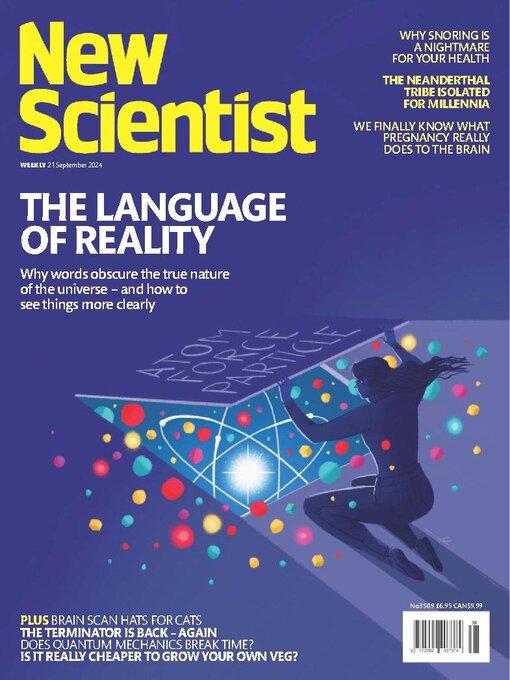
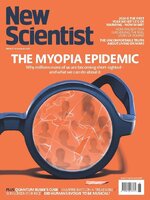 Nov 16 2024
Nov 16 2024
 Nov 09 2024
Nov 09 2024
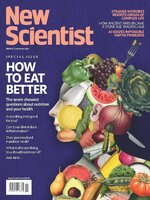 Nov 02 2024
Nov 02 2024
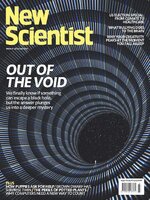 Oct 26 2024
Oct 26 2024
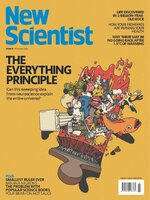 Oct 19 2024
Oct 19 2024
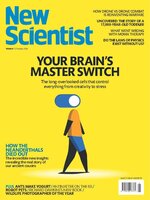 Oct 12 2024
Oct 12 2024
 Oct 05 2024
Oct 05 2024
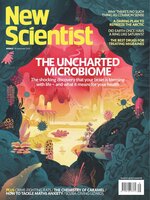 Sep 28 2024
Sep 28 2024
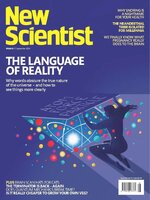 Sep 21 2024
Sep 21 2024
 Sep 14 2024
Sep 14 2024
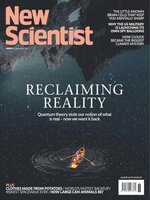 Sep 07 2024
Sep 07 2024
 Aug 31 2024
Aug 31 2024
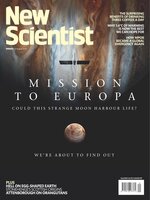 Aug 24 2024
Aug 24 2024
 Aug 17 2024
Aug 17 2024
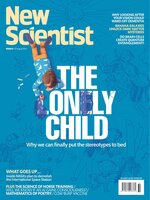 Aug 10 2024
Aug 10 2024
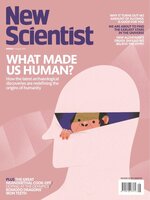 Aug 03 2024
Aug 03 2024
 Jul 27 2024
Jul 27 2024
 Jul 20 2024
Jul 20 2024
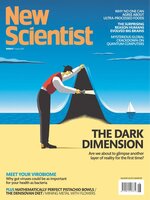 Jul 13 2024
Jul 13 2024
 Jul 06 2024
Jul 06 2024
 Jun 29 2024
Jun 29 2024
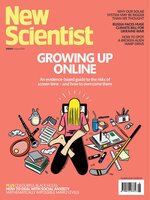 Jun 22 2024
Jun 22 2024
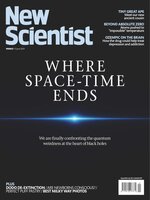 Jun 15 2024
Jun 15 2024
 Jun 08 2024
Jun 08 2024
